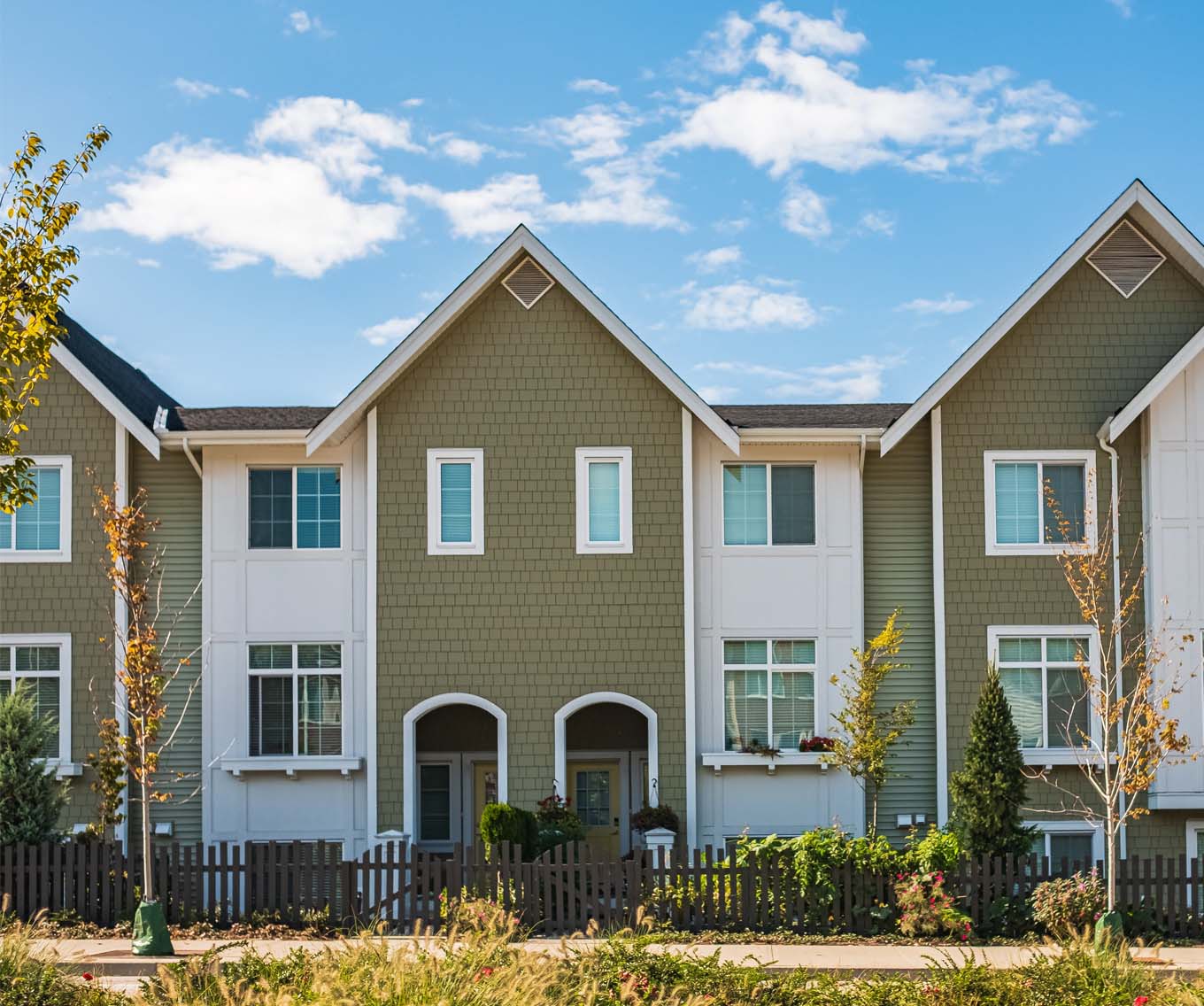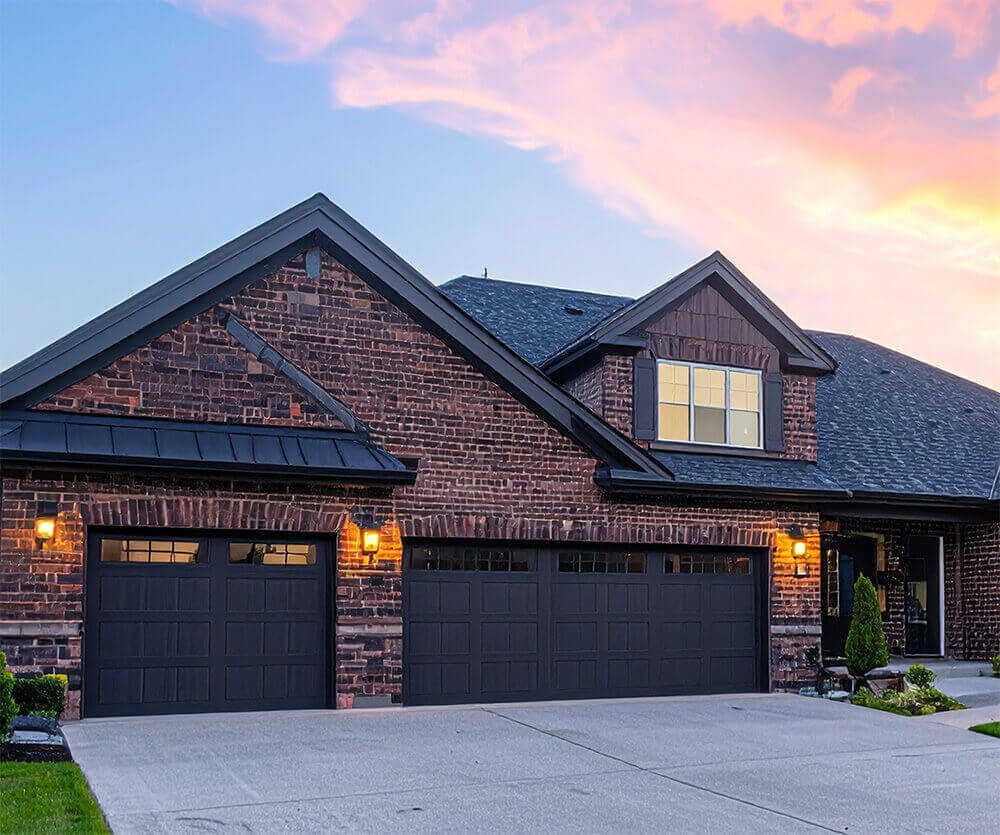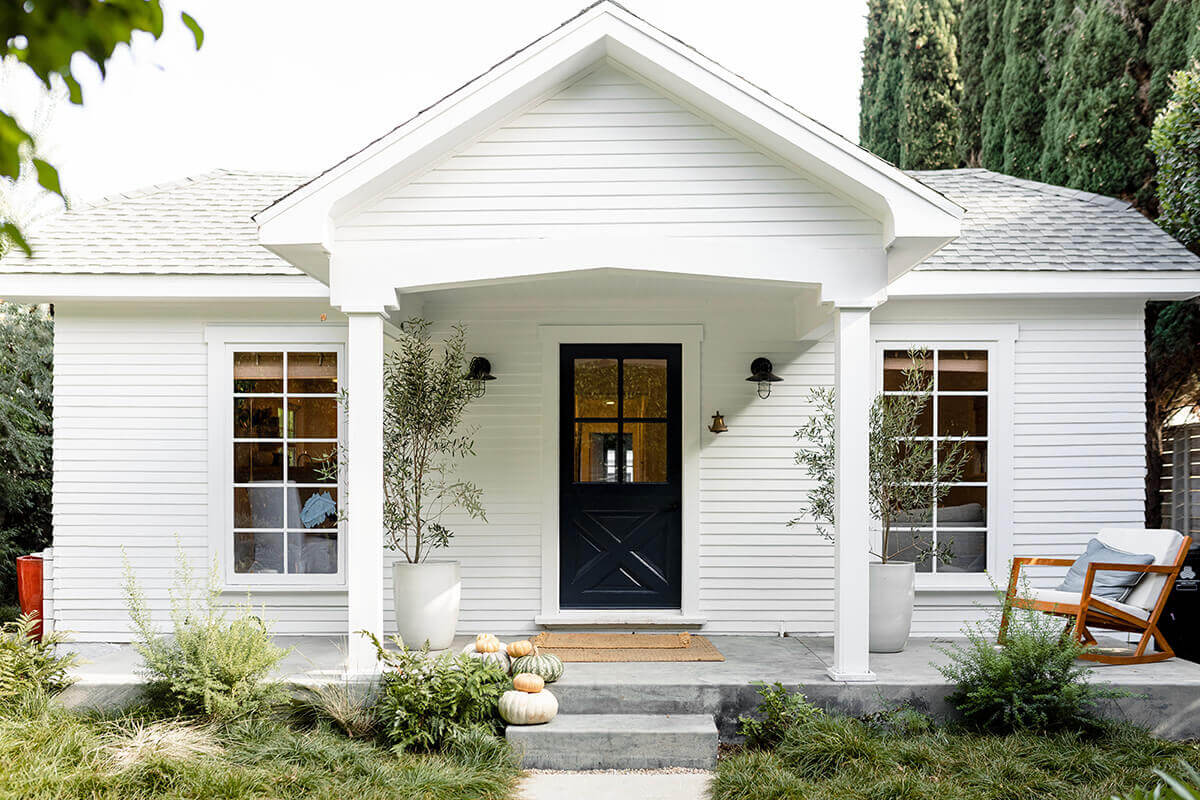How to create a homebuying budget
-
The first step in creating any budget is ensuring you understand your full financial picture. Begin by gathering detailed information about your current financial situation. This includes your monthly income, savings, and any outstanding debts.
Consider monthly expenses like student loans, car payments, credit card debt, subscriptions, and phone bills. Audit your recent spending history to become familiar with how much you spend on must-haves like groceries. Get a clear picture of how much you put toward entertainment, dining out, and travel.
Creating a realistic budget for buying a home starts with carefully reviewing your finances. Take your time and be thorough.
-
With a clearer understanding of your finances, you can now determine how much home you can afford. Utilize the 28/36 rule, a widely accepted guideline in personal finance.
This rule suggests that your housing expenses should not exceed 28% of your gross monthly income. On the other side of the equation, your total debts should stay below 36%. Be sure to factor your potential mortgage payment into this 36%.
This calculation helps you gauge the affordability of homeownership based on your income and existing debt. At this phase, you may realize some debts or roadblocks bringing down your affordability. Now is the time to fix problems or make changes to improve your financial situation before buying a home.
-
Assess your savings and determine a down payment goal that aligns with your financial capacity. If you plan to use gift funds for your down payment, familiarize yourself with the rules and regulations.
You may often hear the advice that you need to put down 20% of the purchase price to buy a house. A higher down payment may have benefits like a lower interest rate or no private mortgage insurance (PMI). However, there are loan options available that support far lower down payment percentages, such as an FHA loan.
In addition, there are various down payment assistance programs available for first-time homebuyers. Do not let the amount you have available discourage you, and actively research your options.
You want to be sure not to put all the cash you have into your down payment. You’ll need to ensure you still have savings available for home expenses, moving expenses, and personal emergencies.
Finding a balance that suits your budget and goals is crucial.
-
Understand the various costs associated with closing on a home loan. Closing costs typically range from 2% to 5% of the home’s purchase price.
These expenses include appraisal fees, title insurance, attorney fees, and other miscellaneous charges. Budgeting for these costs ensures you are financially prepared for the final stages of the homebuying process.
-
Now that you have a strong handle on your full financial picture, you’re ready to get a professional opinion. Many first-time buyers believe they only get in touch with a mortgage loan officer when they’re ready to make their home purchase.
The reality is that a mortgage lender can work with you even as you prepare to get your budget together to buy a house. They can be a valuable asset to give you feedback on your affordability, down payment options, and loan programs.
For example, you may feel stuck between focusing on paying off credit card debt or saving more cash for a down payment. Or, you may be worried that student loans will impact your ability to be a homeowner. Your mortgage lender can provide feedback on how your different financial decisions may impact your homebuying scenario.
This guidance and feedback are valuable when you are still in the preparation phase of becoming a first-time homebuyer.
Mortgage loans for first-time homebuyers
Saving for a down payment is generally one of the biggest hurdles first-time homebuyers face. They are often looking for the loan option with the lowest down payment. Loan options are available with both no down payment and low down payment.
No down payment mortgage loans
- VA loans: Available for Veteran, Active-Duty Service Members, or Qualifying Family Members, a VA home loan has flexible credit options and does not require a down payment.
- USDA loans: Available for those looking for their dream home in the country, a USDA loan does not require a down payment and offers lower fees than FHA loans.
Low down payment mortgage loans
- FHA loans: Have more flexible credit requirements and allow down payments as low as 3.5%.
- HomeReady® and Home Possible®: Conventional mortgage options with more relaxed qualification requirements and down payments as low as 3%.
Down payment assistance programs
Down payment assistance programs are available through various options. Administered by state and local governments, private entities, charitable organizations, or private mortgage lenders. They are often in the form of forgivable loans and grants. Some examples include:
- Freddie Mac BorrowSmart AccessSM: provides up to $4,000 in down payment assistance based on Area Median Income (AMI) and other eligibility criteria. Available in select MSAs across the United States.
- CCM Smart Start: Offered by CrossCountry Mortgage, CCM Smart Start is a program for first-time homebuyers that covers up to $4,000 of your down payment.
- CCM Community Promise: Another CrossCountry Mortgage program that provides up to $6,000 in down payment assistance to first-time homebuyers who live in qualifying neighborhoods in select cities.
For most of these programs, one buyer must be a first-time homebuyer. In addition, homebuyer education and other requirements may apply.
Prepare for your homeownership budget
As you prepare your budget for homebuying, you should also consider that you will need a budget once you complete your home purchase. Being more aware of the costs associated with homeownership can prepare you for the road ahead.
Consider these costs as either recurring or one-time expenses.
One-time costs
These are costs you would budget for just once. However, keep in mind many of these one-time costs can come at the beginning of your homeownership journey.
- Down payment: This is the initial lump sum you pay when purchasing the property.
- Closing costs: These include fees for services such as appraisal, title insurance, legal fees, and transfer taxes.
- Home inspection: You may hire a professional inspector to assess the condition of the property before purchase.
- Moving costs: The cost of hiring movers or renting a moving truck.
- Homeownership timeline: Consider if you may have an overlap between renting and owning.
- Furniture and appliances: You may have to purchase new furniture or appliances for a larger living space.
- Home improvements and repairs: Initial repairs or improvements you may want to make upon moving in.
- Yard and home maintenance equipment: If this is your first home, you may not own any yard maintenance equipment. Consider things like a lawn mower, gardening tools, or snow removal equipment. You may also need home maintenance items like a ladder, drill, level, or tool kit.
Recurring costs
These are costs you’ll want to prepare for on a monthly or annual basis after becoming a homeowner.
- Monthly mortgage payments: The monthly repayment of your home loan.
- Property taxes: Taxes imposed by local authorities based on the assessed value of your property.
- Homeowners insurance: Insurance coverage to protect your property against various risks.
- Utilities: Monthly bills for electricity, gas, water, sewage, trash, and other services.
- Maintenance and repairs: Regular upkeep of the property, such as lawn care, pest control, and fixing minor issues.
- Homeowners Association (HOA) fees: If you live in a community with a homeowners association, you may be required to pay monthly or annual fees.
- Utilities: Monthly expenses for electricity, gas, water, sewer, and trash removal.
- Home security system: If you choose to have a security system, there will be associated monitoring fees.
- Internet and cable TV: Monthly subscription fees for internet and cable services.
- Emergency fund: Setting aside money for unexpected repairs or emergencies.
- Routine inspections: Periodic inspections for issues like pests or structural concerns.
- Renovations and upgrades: Costs associated with making improvements or upgrades to your home.
Final thoughts
While budgeting for a home can be overwhelming, your mortgage loan officer is available to help. Get in touch during any phase of your preparation journey to check in and see if you are on the right track. Take your budgeting process step by step and before you know it, you’ll be ready to get the keys to your first home.





